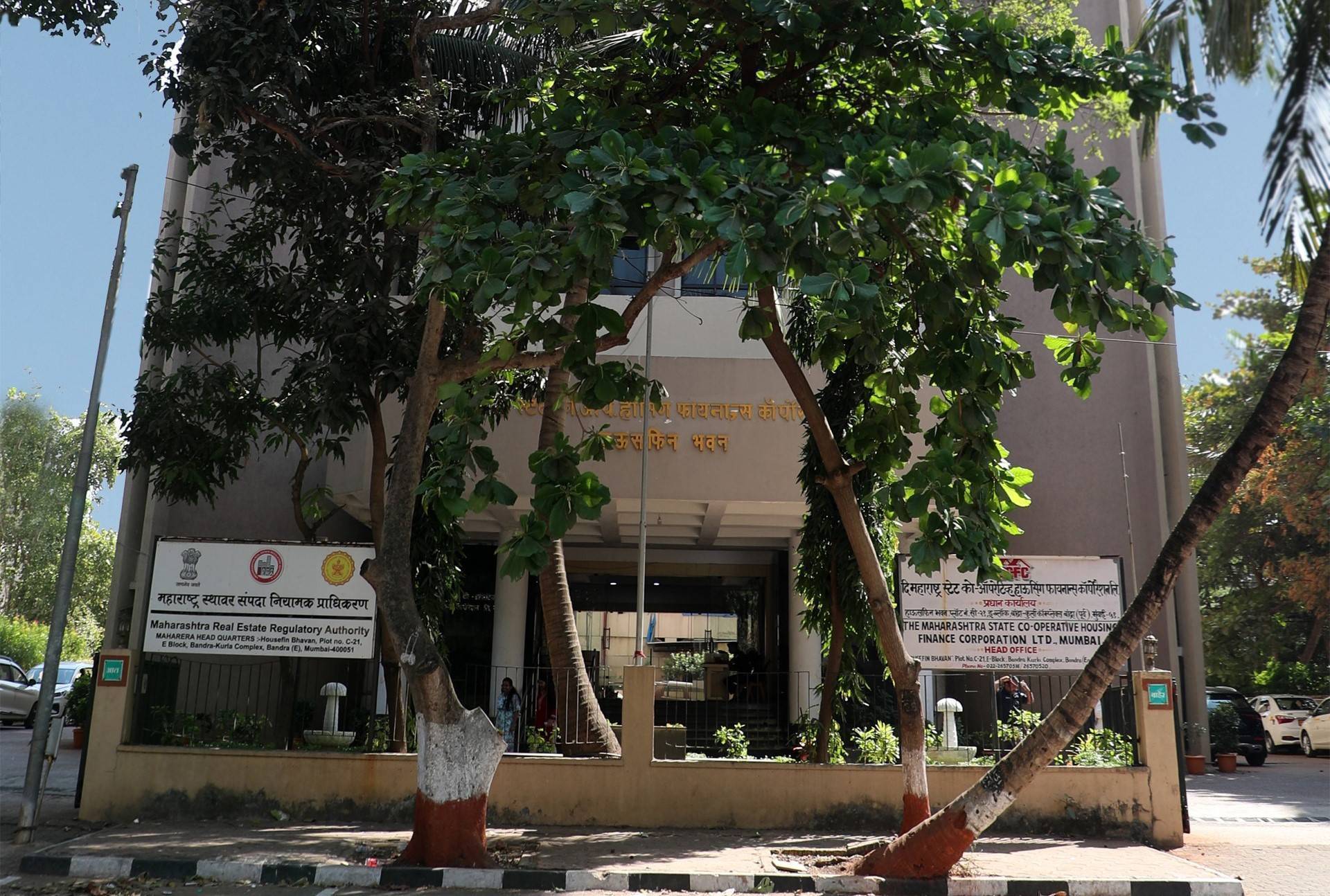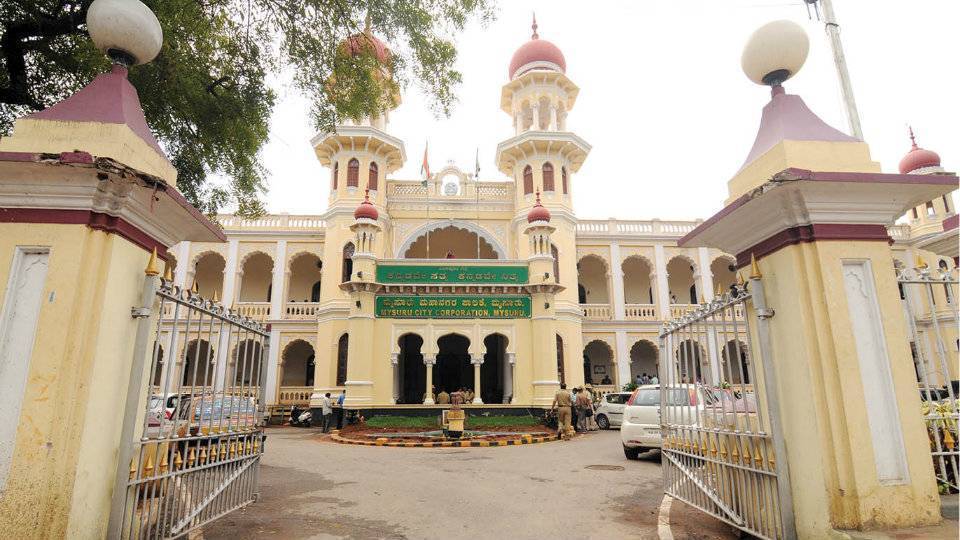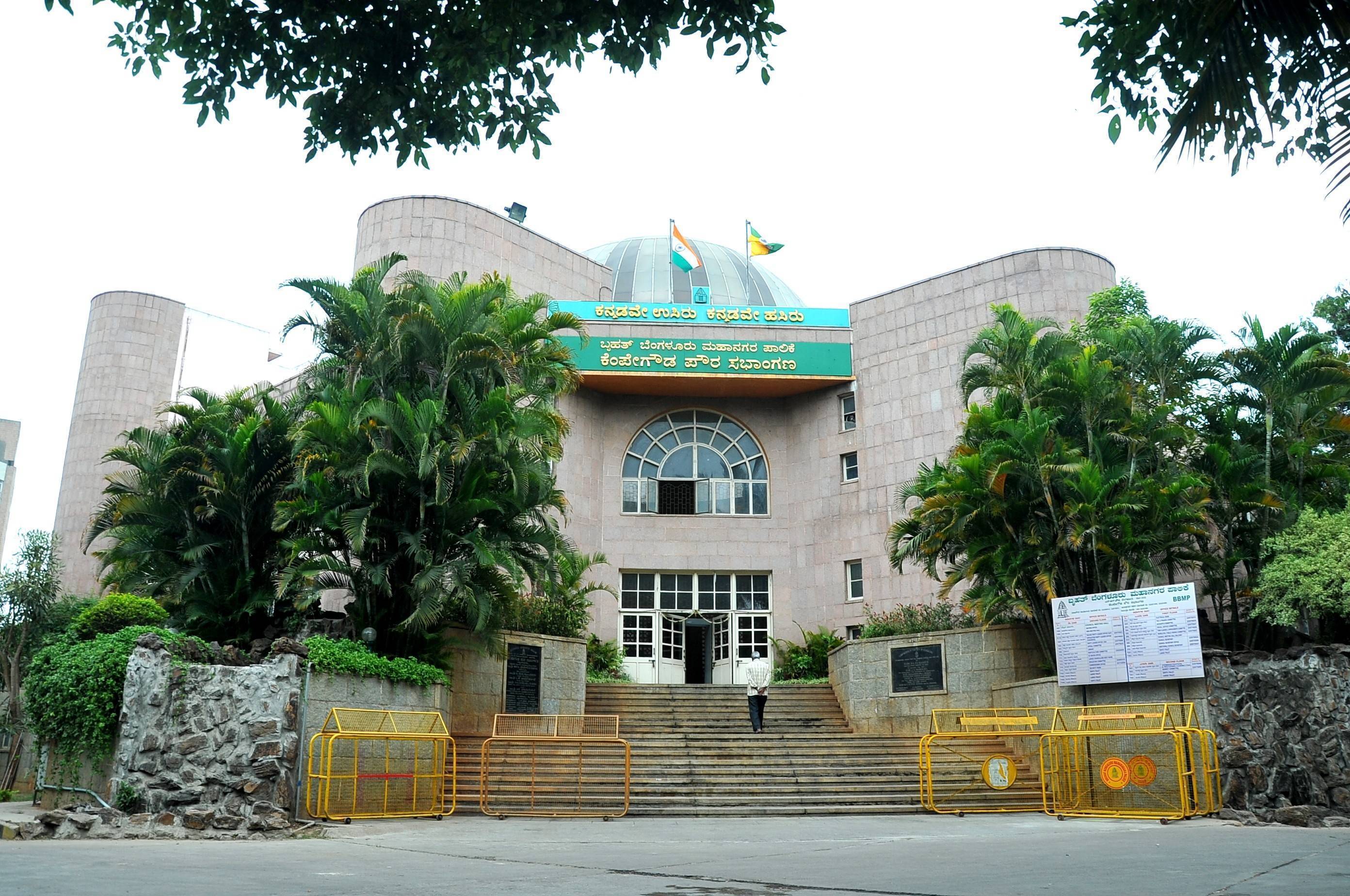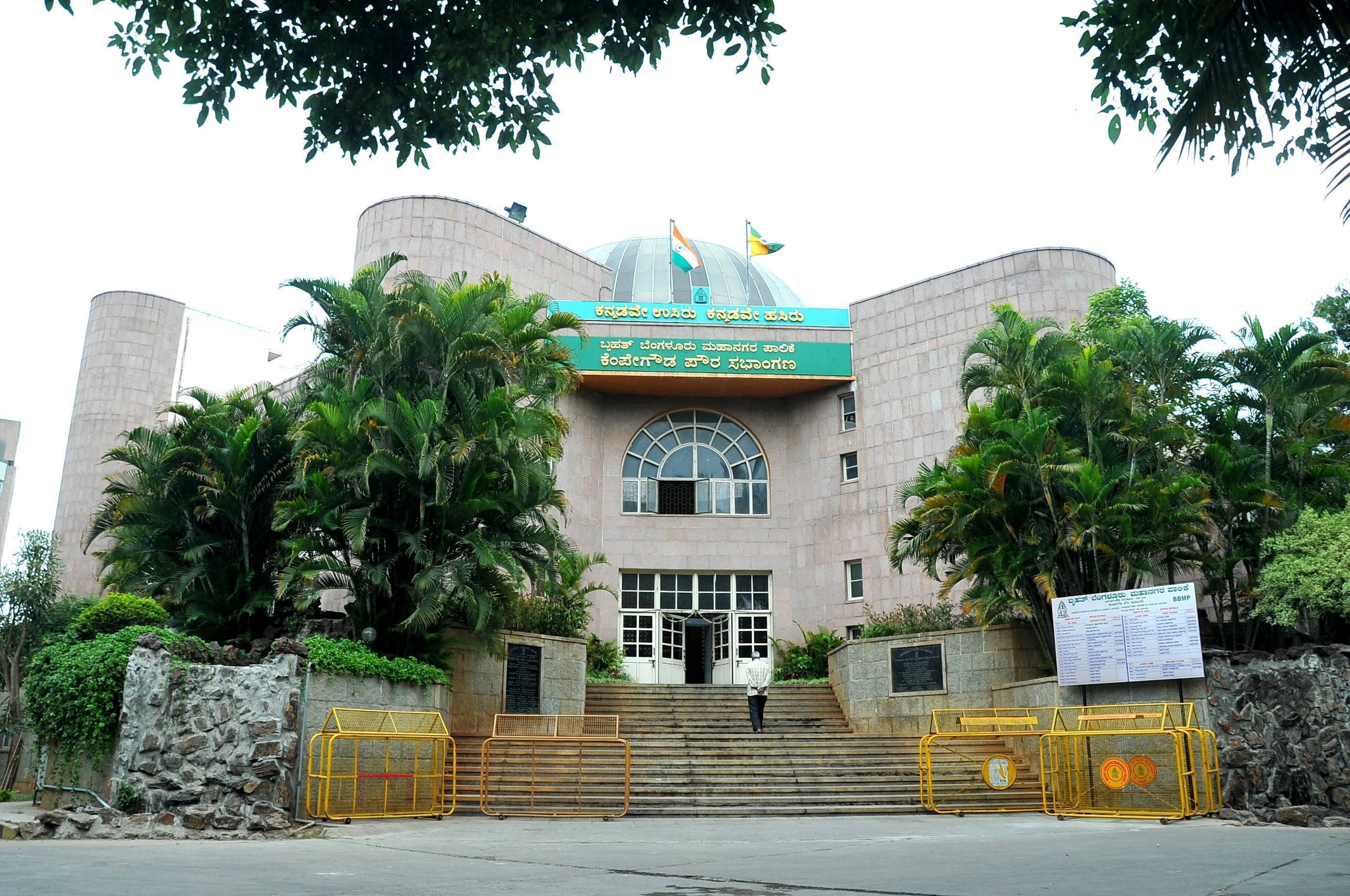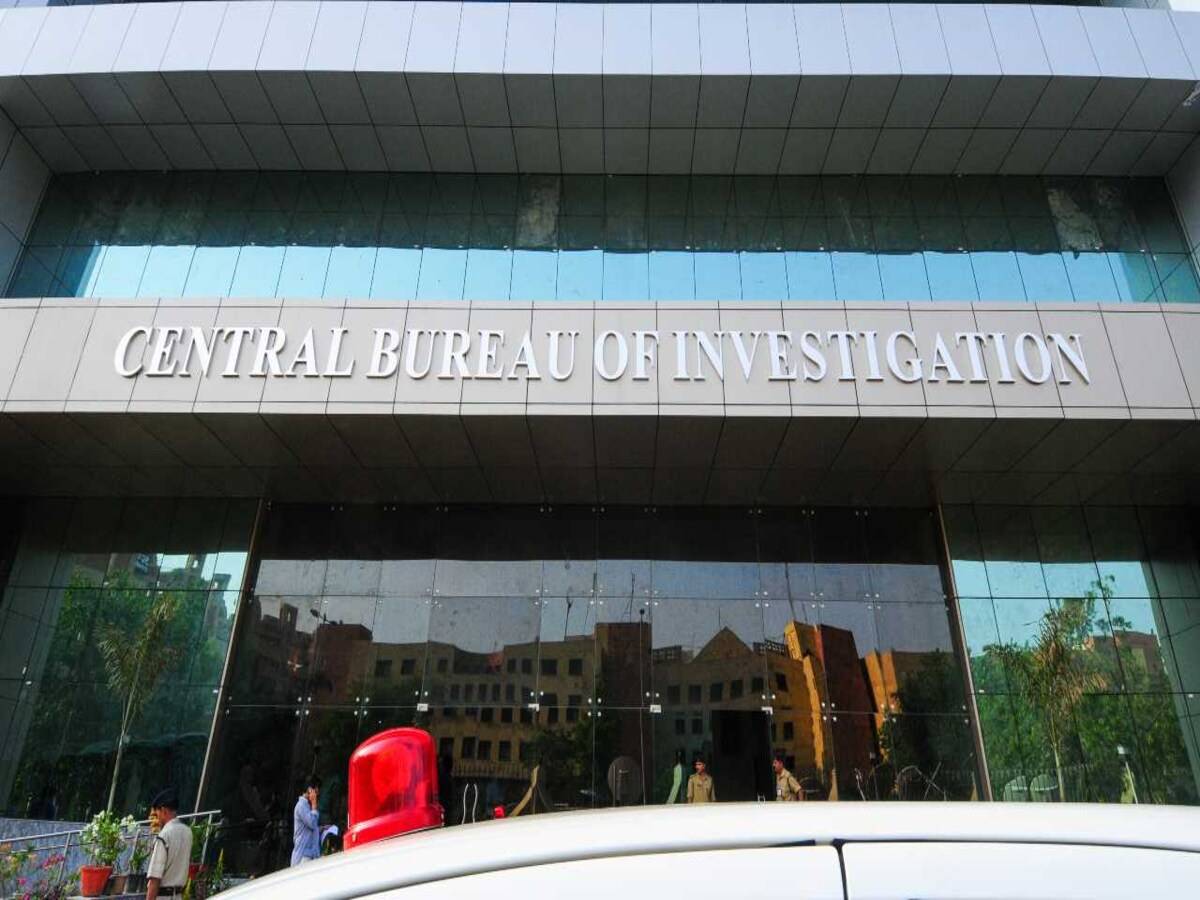The Maharashtra Real Estate Regulatory Authority (MahaRERA) has flagged 1,244 projects in Pune district as "under abeyance," restricting them from accepting new bookings or sales. This classification is primarily due to developers’ failure to submit mandatory completion certificates or apply for project deadline extensions. These projects form part of a wider list of 4,904 developments across Maharashtra now under regulatory hold.
The impact on homebuyers has been considerable. In one case, a Pune-based IT professional who booked a flat over a decade ago in a project near Sinhagad is still awaiting possession. Despite multiple MahaRERA rulings in his favor, the project remains unfinished. The buyer, one of the earliest investors, noted that the development is less than 20% complete and currently under abeyance. With Rs 30 lakh invested, he has yet to receive either a refund or confirmation of further construction activity.
Another buyer from the same project highlighted a timeline of delays: initial possession was due in 2018 under a 2017 MahaRERA order. Extensions were later granted—first until October 2020, and again until March 2025. However, no construction work has resumed, and buyers like him, who invested Rs 16 lakh, remain stuck without a clear recourse.
The issue is not isolated to Pune. Other districts with significant numbers of stalled projects include Thane (548), Raigad (473), Mumbai suburban (441), Nashik (250), and Nagpur (247). According to MahaRERA, these projects did not comply with regulations requiring developers to update the project status and upload completion-related documents. Multiple reminders were reportedly issued before the abeyance classification was enforced.
Officials confirmed that registration of new agreements or sales for these projects has been prohibited. In addition, bank accounts linked to the projects under abeyance have been frozen. The Maharashtra property registration department has also been informed, with instructions to prevent further transactional activity on the affected developments.
The delays have left many homebuyers in limbo. Consumer organizations have raised concerns about the prolonged inaccessibility of invested funds and the inability of buyers to execute final sale deeds. Without completion and occupancy certificates, agreements remain incomplete, and full ownership cannot be transferred. Advocates have called for MahaRERA to accelerate the process of refunds in cases where developers continue to be non-compliant.
Under standard procedures, buyers enter into a sale agreement during the early phases of construction. The final sale deed is executed only once construction is completed and payments are fulfilled. The absence of completion documentation halts this process indefinitely for projects under abeyance.
Meanwhile, the developers' body CREDAI has acknowledged that some developers have already submitted their completion certificates but still face issues due to system delays. National executive member Sunil Furde stated that efforts are underway to rectify these discrepancies.
An affected developer, speaking anonymously, said he uploaded the necessary documents over a month ago, yet the abeyance status has not been updated. According to him, this lack of synchronization negatively impacts both developers and homebuyers, delaying closures and undermining buyer confidence.
Data from MahaRERA shows that only 17,413 out of 50,986 registered projects in the state are currently listed as complete. As the real estate sector attempts to improve transparency and accountability, the backlog of unresolved project statuses and missing documentation remains a critical issue.
Image source- maharera

